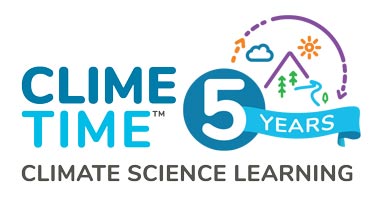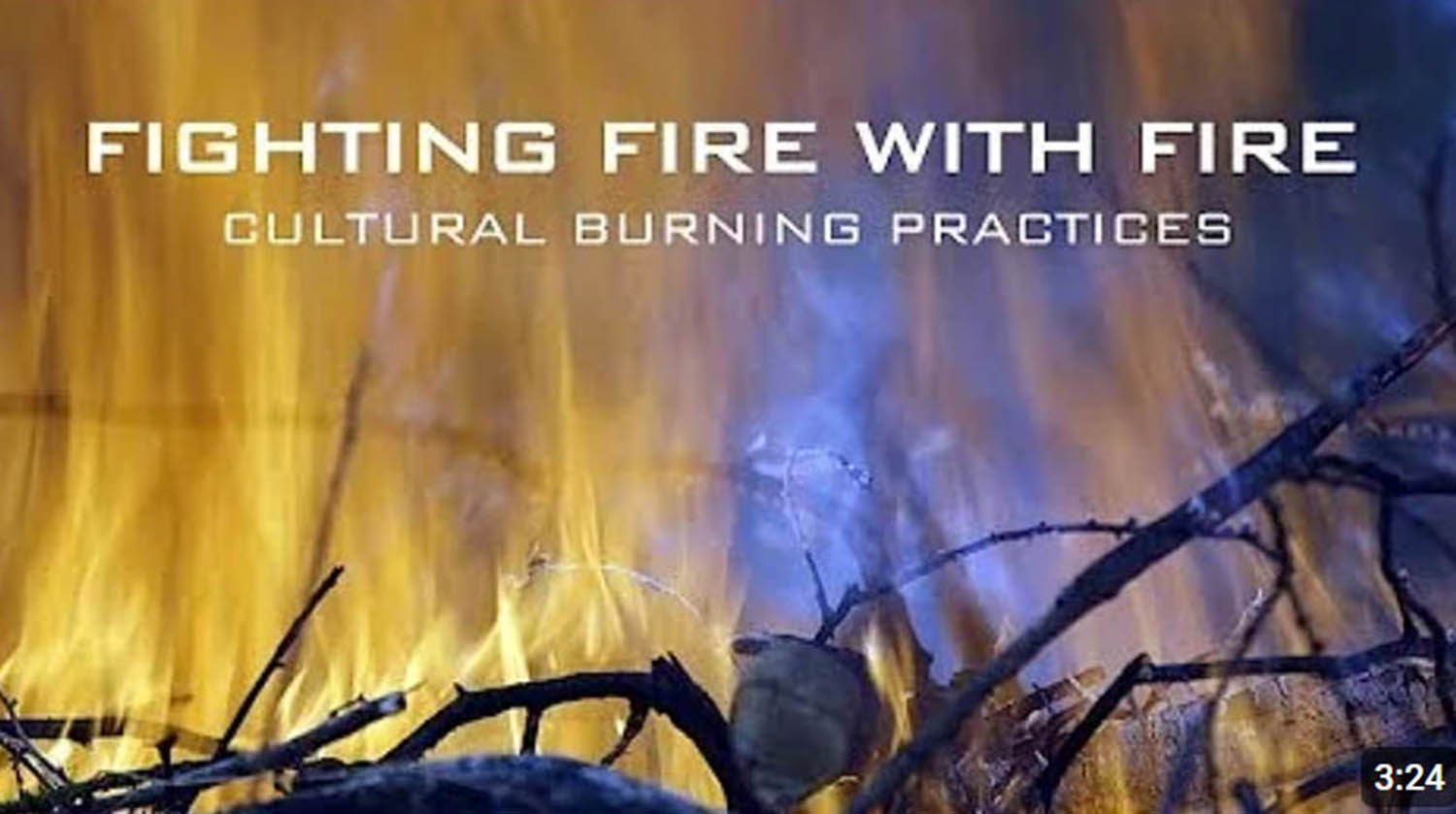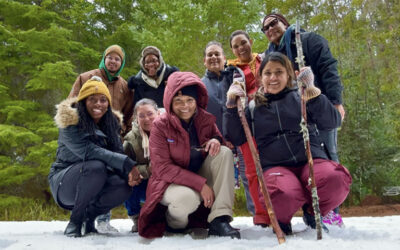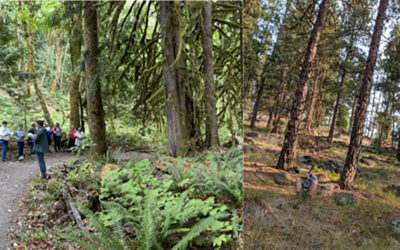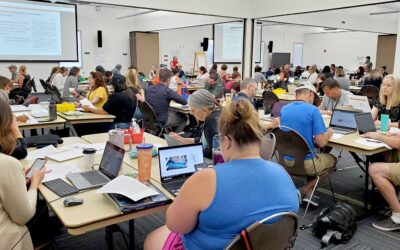From February through May this spring, 25 teachers from Pierce, King, and Snohomish counties met virtually to discuss the principles and practices of Robin Wall Kimmerer’s seminal book Braiding Sweetgrass: Indigenous Wisdom, Scientific Knowledge and the Wisdom of Plants and spend time planning to implement their learnings.
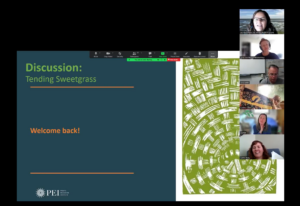
pacificeducationinstitute.org
“It felt like we were offering a joyful experience of something many of them have been wanting to do for years- read this book,” says Lydia Geschiere, PEI’s East Sound North FieldSTEM Coordinator. “More cameras than usual were on, they had time to get to know each other personally and plan together…there was a general sense of excitement.”
Geschiere co-facilitated the course with Coastal FieldSTEM Coordinator John Hunter and Multicultural Engagement Coordinator Lourdes Flores. They all found the process as rejuvenating as the participants did. “One of the things that makes it different from other workshops is that it extends over time,” says Hunter, who first encountered Kimmerer’s work nearly 40 years ago. “Usually there isn’t much time to get a sense of who participants really are, but that developed in this workshop. And spending time with Lydia and Lourdes over three months allowed us to think creatively and come back to ideas.”
In Braiding Sweetgrass, Kimmerer shares her understanding of nature as a teacher. She illustrates Indigenous principles through storytelling, offering an alternative to the dominant perspective of nature as a resource to be either conquered or conserved separately from humans. Kimmerer also highlights Indigenous solutions to environmental and climate issues, making the book a beautiful jumping off points for conversations around integrating climate education into teachers’ classrooms. The team began each session by sharing local Indigenous perspectives on the themes of that month’s reading, before moving into discussion and then planning time.
One of the invited guest voices was Cinnamon Bear, an educator and traditional medicine herbalist who works as an education forester for Manulife Investment Management implementing programs for the Muckleshoot tribal community. Cinnamon previously collaborated on developing PEI’s Solutions Oriented Learning Storylines, and introduced them to the teachers to explore during their planning time. In an additional session, participant Sadrina Dorn lead with her own Indigenous Honoring and taught her fellow teachers the stories that she uses in her classroom.
PEI plans to offer this book study again in other regions around the state. An aim for following iterations of the workshop is to increase the representation of Indigenous voices present at each session, as well as continue to localize content to build teachers’ regional knowledge of Indigenous and other climate solutions their students can be part of.
